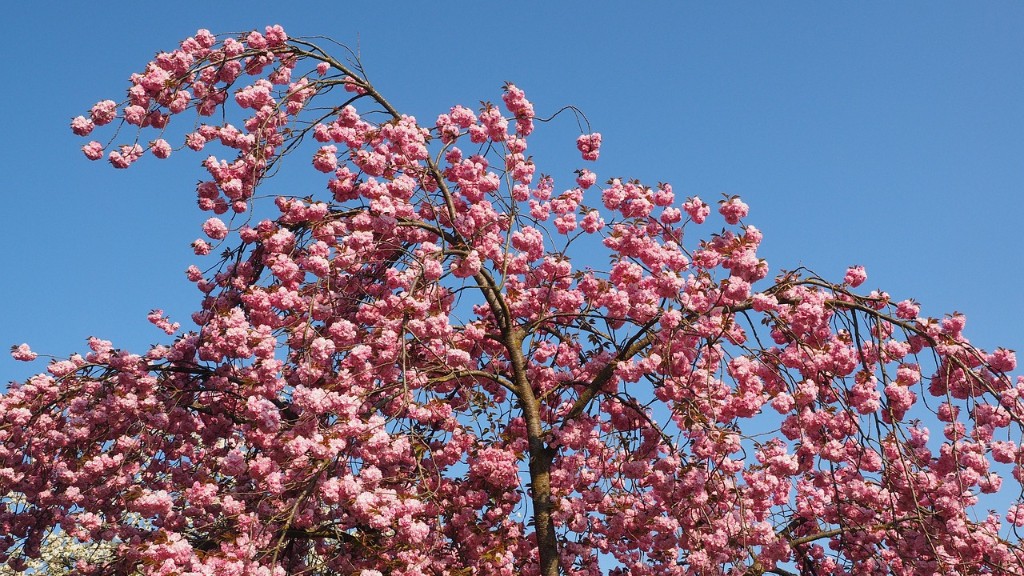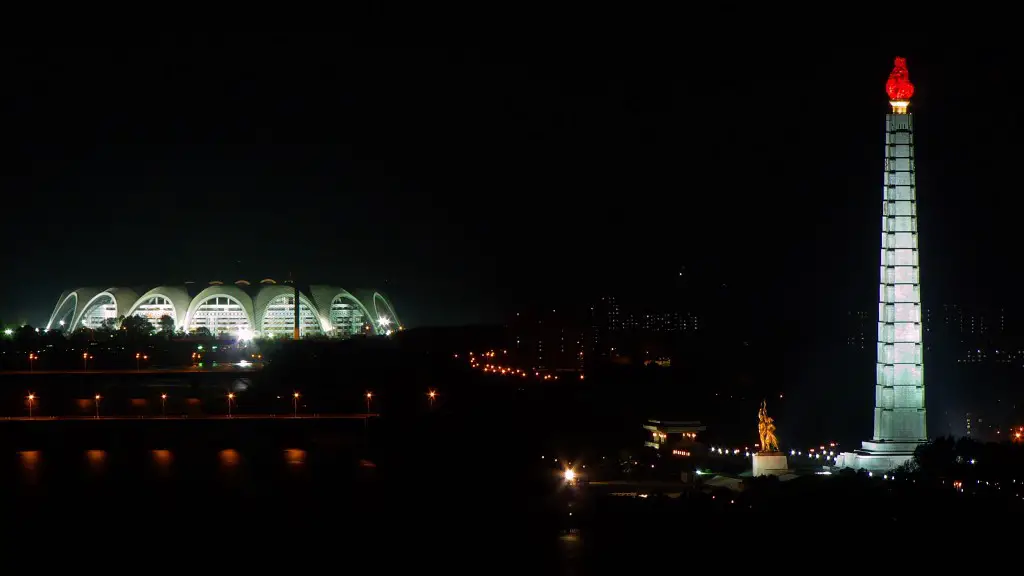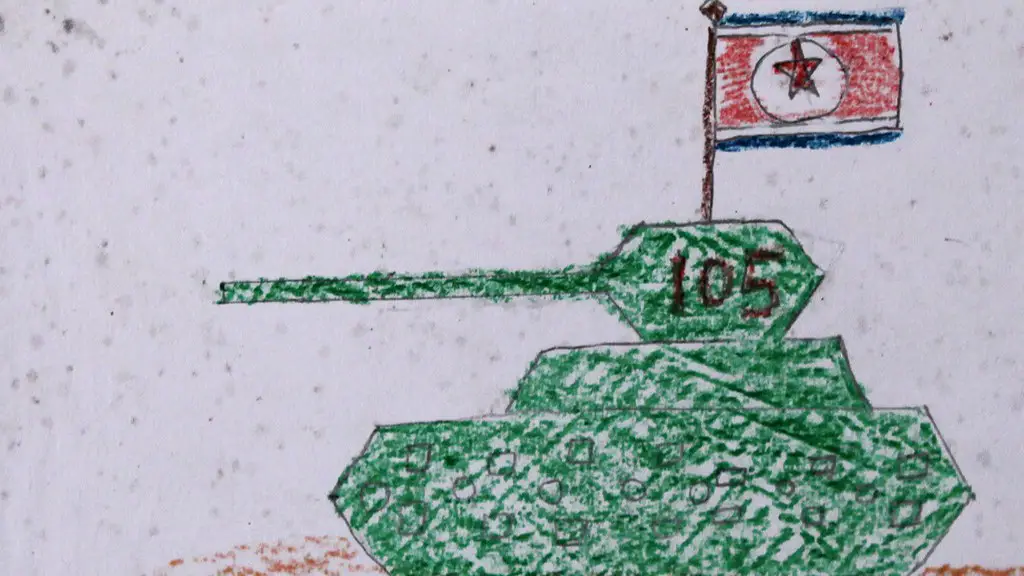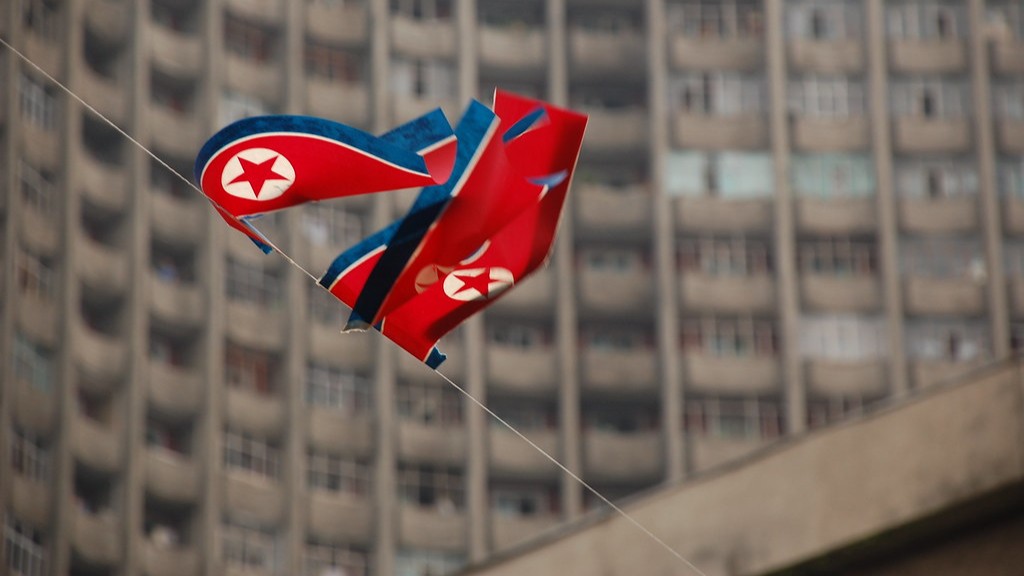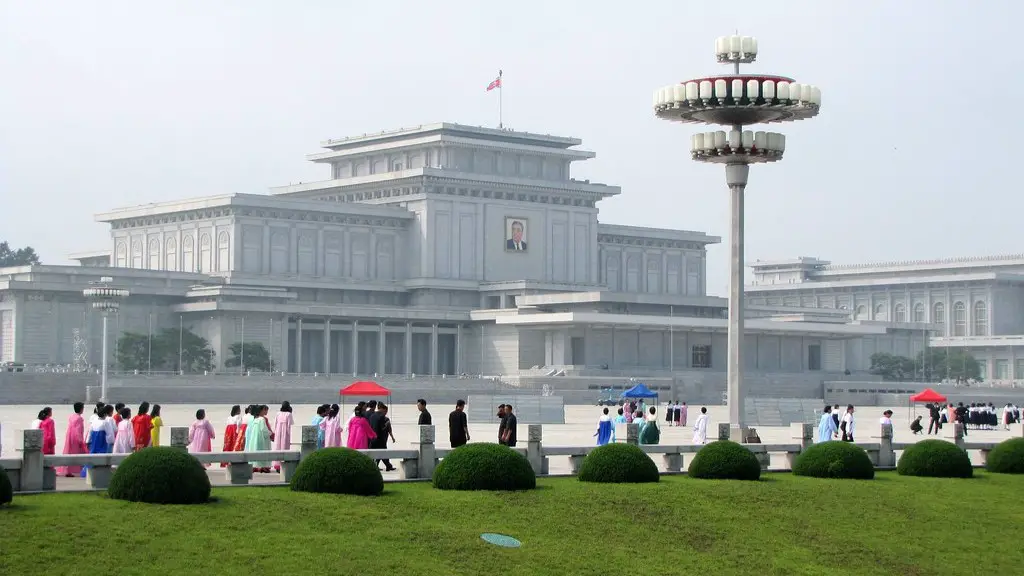Gulags in North Korea
Gulags are notorious and widely documented prison labor camps that were once found across the Soviet Union and in many of its satellite countries. In North Korea, gulags are known as “kwan-liso” (penal labor colonies). Unfortunately, these prison camps have remained in operation in North Korea and have become a major component of the country’s penal system.
Human Rights Watch estimates that in 2020 alone, an estimated 80,000 to 120,000 men, women, and children are being detained in these camps. Furthermore, these detention centers are the only source of manual labour in the State. Mochon Ri is a remote prison camp located in the mountaintops of Hamkyung-bukdo.
It is estimated that Mochon Ri prison camp houses as many as 2,000 men and women. Witnesses report prisoners being forced to work in various day-labourer tasks such as maintaining the heavy fortifications of the camp and toil in coal mines, factories, and work sites in the surrounding area.
Reports of abuse and forced labour are commonplace. In one instance, reports have surfaced that inmates are given just three days to mine enough coal to fulfill their quotas; if they fail to do so, they are subject to torture, a reduction of their food rations, or up to forty days of solitary confinement.
In spite of the grave implications of being held in these detention centers, very little is known about the lives of those held inside. According to human rights advocates, prisoners are frequently used as slave labor and subjected to inhumane treatment such as torture, starvation, and executions.
Living Conditions in Gulags
The few survivors who have escaped from these gulags have reported dire living conditions in the camps. Reports suggest that the camps are overcrowded, with as many as seven people being held in a single cell, designed for two people.
In addition to overcrowding, prisoners are often forced to sleep on the floor due to lack of space, and the cells are usually covered in waste and flees. Furthermore, prisoners suffer from a lack of basic amenities, including adequate clothing, food, and medical care.
Witnesses have also reported cases of physical and sexual abuse, torture, and even public executions. One survivor touching reported that she was tortured and abused regularly and even witnessed executions at the hands of the guards.
In spite of the evidence against North Korea, the government refuses to acknowledge the existence of the gulags, let alone the human rights violations taking place in them.
Witness Testimonies
Many of the reports of human rights violations in the gulags of North Korea come from those who have escaped from the camps. One such witness was Kim Yong-jin, who escaped from one of the camps in 2004. He described how the prisoners were made to sleep on the ground and were constantly denied basic necessities such as food and medicine.
Survivors also describe being subject to frequent beatings and being forced to do hard labor, such as digging and hauling rocks. Kim also reported that the prisoners were forced to watch public executions, and he even witnessed a father being shot in front of his children.
There have also been reports of prisoners being subjected to psychological torture, such as being forced to endure lengthy and repetitive lectures. One survivor testified to the UN Commission of Inquiry that her husband was subjected to such torture and was forced to watch the execution of his mother and sister.
Despite reports of horrific conditions, there is a dearth of information available on the gulags of North Korea and the victims are often denied basic rights of due process and access to legal aid.
Denial of Access
The WHO, the UNHCR, and other international organizations are routinely blocked from accessing and monitoring the prison camps. In the areas where access is possible, the governments of North Korea are known to deny access and delay response times.
Furthermore, media outlets struggle to get information out of North Korea, as the country has established a firewall to limit and control flow of information. This lack of information makes it difficult to assess the full extent of human rights violations taking place in the camps.
The few international organizations that have managed to gain access to the gulags of North Korea have noted that conditions often do not meet international standards for prisons. These organizations also report being denied access to detainees, which makes it harder to identify human rights violations.
International Intervention
The United Nations has condemned North Korea’s human rights record and has called on the country to investigate and prosecute those responsible for gross human rights violations. Unfortunately, very little action has been taken to address the situation.
In 2013, the United Nations Commission of Inquiry reported that North Korea had committed numerous crimes against humanity and called on the international community to take action against the country. Furthermore, the report called for an international investigation into the alleged crimes and urged the country to immediately close all gulags.
Despite increased pressure from the international community, North Korea’s government continues to deny the existence of the gulags and refuses to take responsibility for the grave human rights violations taking place in the camps.
International Sanctions
The international community has imposed strict sanctions on North Korea in an attempt to compel the country to comply with international law and improve its human rights record. Since 2006, the United Nations has imposed several rounds of increasingly harsher sanctions in an attempt to prevent the country from developing greater military capabilities.
However, human rights advocates claim that these sanctions have only served to worsen the already dire economic conditions in North Korea and have done little to improve the human rights situation. Furthermore, the sanctions have led to an increase in poverty and malnutrition in the country, which only serves to exacerbate the suffering in the gulags.
There is growing concern among international observers that the human rights situation in North Korea is worsening, as reports of abuse and torture continue to emerge from the gulags. As of yet, the international community has failed to take adequate action to address the situation.
Global Awareness
In spite of official state denials, the atrocities taking place in the gulags of North Korea are increasingly becoming known throughout the world. Human rights advocates are working diligently to bring awareness to the situation and to build pressure on the international community to take action against the North Korean government.
An increasing number of North Korean defectors, human rights activists, and international organizations such as Amnesty International are doing their part to draw attention to the human rights violations taking place in the gulags of North Korea.
Awareness is essential to closing these gulags, as the prisoners often cannot rely on the North Korean government to end the atrocities. Therefore, it is increasingly important to shine a light on the issue and to pressure the international community to take action in order to help bring an end to the suffering.
A Darker Reality
While there is a great deal of information available about the gulags of North Korea, there is still a great deal of uncertainty about the dark reality within the camps. Reports from inside the camps provide insight into the terrible conditions that prisoners are subjected to, but it is impossible to fully understand the experience of living in these gulags.
In spite of efforts to close the gulags and to bring justice to those responsible for committing crimes against humanity in the camps, the situation still remains dire. The international community must work together to ensure that those responsible for these harrowing crimes are brought to justice. Furthermore, there must be an effort to create greater transparency and access to the gulags so that the full extent of the human rights violations can be revealed.
Ultimately, the plight of those in the North Korean gulags can no longer be ignored and the international community must take decisive and immediate action to ensure that justice is served, basic human rights are respected, and the suffering in the camps is brought to an end.
